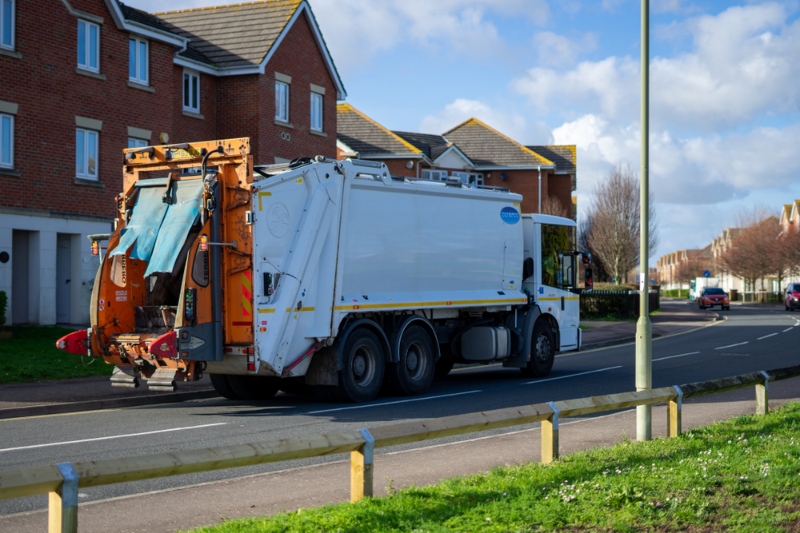UK heavy goods vehicle (HGV) registrations declined by -2.3% to 9,837 registrations in the first quarter of 2022, according to new figures from the Society of Motor Manufacturers and Traders (SMMT).


While demand for HGVs, particularly from the construction industry, has remained robust, global shortages of semiconductors and raw materials, including steel and aluminium, have restricted vehicle deliveries to fleet operators.
Registrations of rigid trucks fell by -10.1% to 4,975, accounting for just over half (50.6%) of the market, while those of articulated trucks rose by 7.4% to 4,862 units. There was also a decrease in registrations of box vans (-13.7%), tippers (-16.0%), curtain-sided trucks (-12.4%) and refuse disposal vehicles (-31.3%).
Across the UK nations, uptake varied considerably. Around four in five new trucks were registered in England, which recorded a decline of -2.8%, while registrations in Scotland fell by -14.0%. Northern Ireland and Wales registered 40.8% and 8.7% more HGVs than the same period last year respectively, although they made up a combined total of only 6.3% of UK registrations.
Mike Hawes, SMMT chief executive, said: ‘Despite the myriad challenges facing the heavy goods vehicle sector, manufacturers have remained resilient, striving to fulfil order books as quickly as possible amid robust demand for the latest technology trucks.
‘Despite the market’s post-pandemic recovery continuing to be frustrated by supply chain shortages and disruptions, HGV operators considering their next fleet investments are encouraged to move early to secure the new vehicles that will meet their business needs.
‘The sector continues to play a crucial role in the UK economy and faces the same decarbonisation challenges as the rest of road transport. The government’s newly announced zero emission HGV demonstrator programme will provide useful guidance to help operators plan their longer term fleet strategy.’